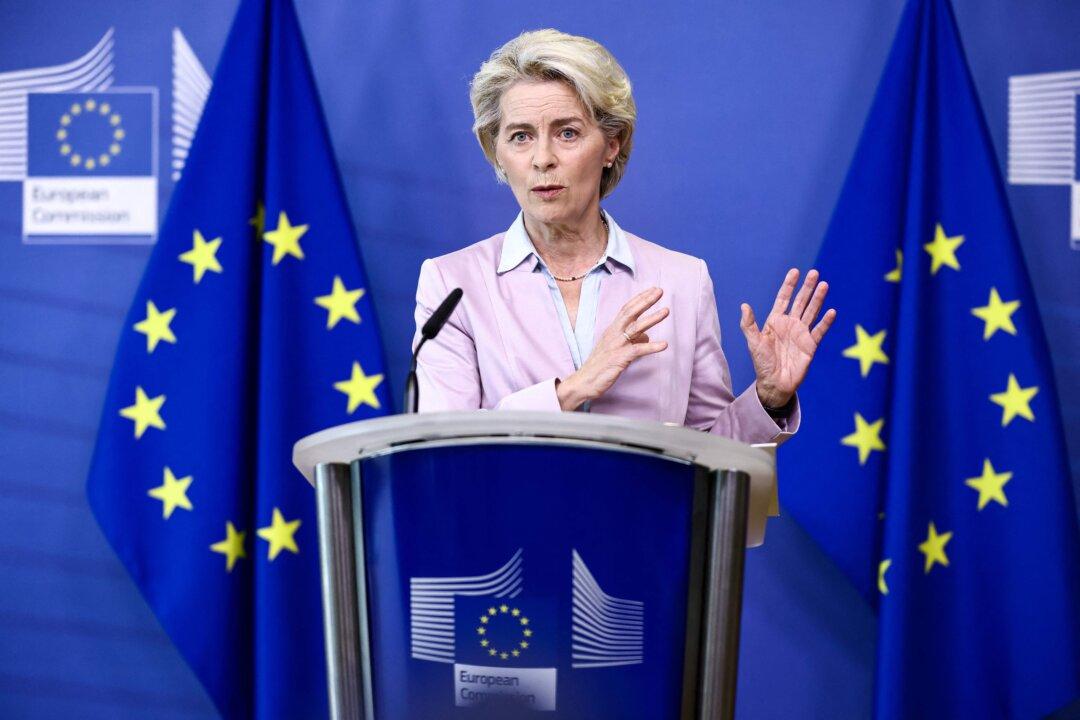The European Union (EU) has agreed on an eighth package of sanctions against Russia for its invasion of Ukraine, which includes an agreement to cap the prices of Russian oil.
The package was proposed last week by European Commission President Ursula von der Leyen after Russian President Vladimir Putin threatened the use of nuclear weapons. Once the price cap is implemented, it will allow European operators to transport Russian oil to other nations only if the prices are below a pre-set level, according to a press release on Oct. 6.





